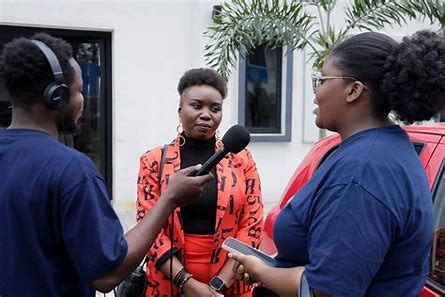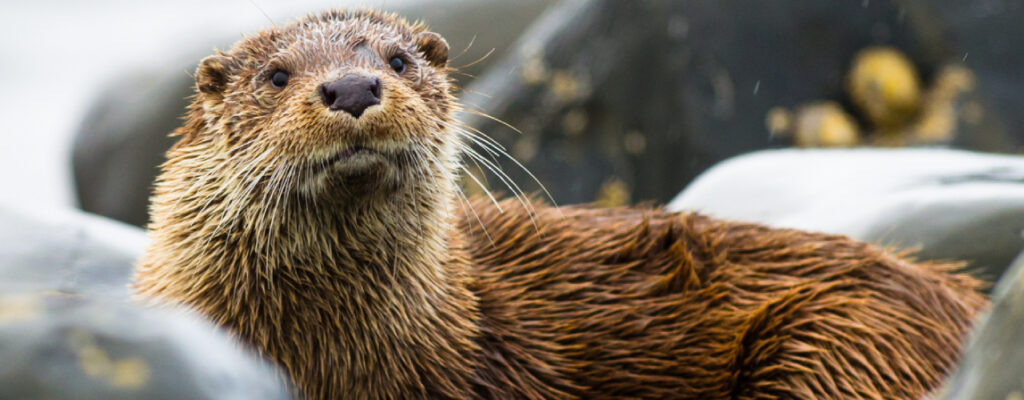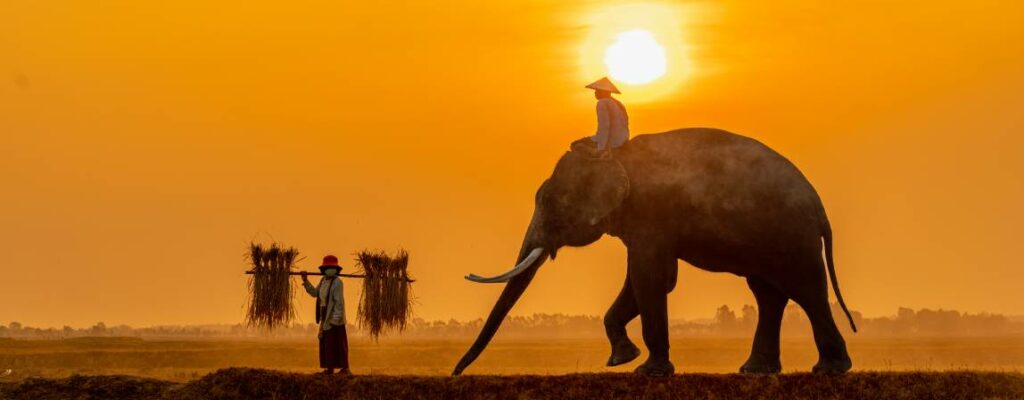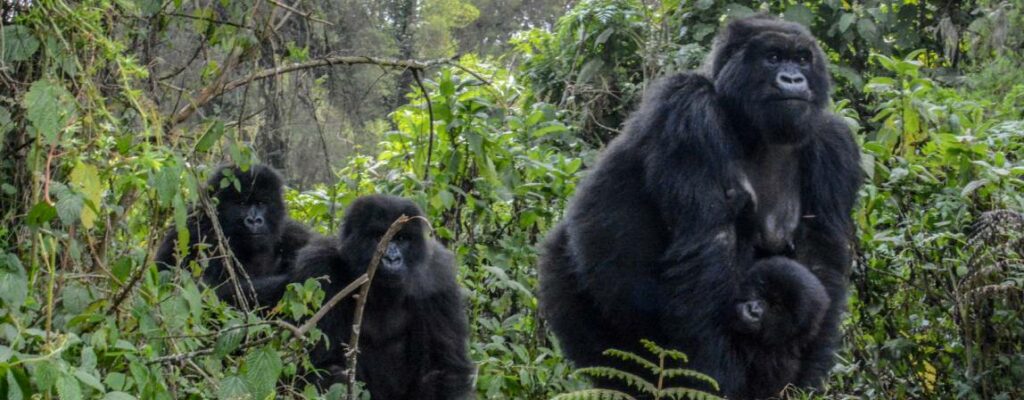Around the world Posted on 2024-07-31 10:42:30
Success stories/lessons learnt
EBO-SURSY Radio raises community awareness on wildlife diseases
Where newspapers, the internet, and television signal can fail to deliver, radio remains the most reliable form of media, especially for remote or isolated communities. For these communities, receiving essential health information can be life-saving. WOAH aims to engage these populations and help strengthen early detection systems for zoonotic wildlife diseases through its EBO-SURSY Project. Alongside the Radio Workshop, the project built a radio campaign on One Health, zoonosis and preventative behaviours to help communities protect themselves against disease outbreaks.
The project’s intervention focused on five radio sites with wide coverage in forested areas and national parks within Guinea and the Democratic Republic of the Congo (DRC). These areas were adversely affected during the 2014 Ebola epidemic and, more recently, by other disease epidemics. At each radio site, radio broadcasters and youth reporters were trained, as these two groups are passionate about engaging their communities. They were excited to broach a new topic, namely the interconnection of animal and human health, which up until then had been neglected in health communications. The project supported them in how to deliver radio content in fun, engaging ways, deepening their knowledge on zoonosis, bushmeat and the importance of wildlife for biodiversity.
Over five months, radio broadcasts in Guinea and the DRC delivered key messages, reaching over 700,800 people. Focus groups in the post-evaluation revealed that, in Guinea, nearly 45% of people aged 18 and older knew of the EBO-SURSY Radio, with 70% of them regularly following it. In the DRC, 39% of participants knew of the radio programme, with 54% having followed it regularly.
Reflecting on the evolution of their knowledge level on zoonosis, 50% of those who followed the EBO-SURSY Radio responded that it had changed their community’s attitudes towards wildlife either ‘a lot’ or ‘enormously’. Given its success, the EBO-SURSY Project has engaged the Radio Workshop in a second phase. This will further concentrate on communities in the DRC who are living with outbreaks at the animal-human interface.
Learn more about the radio results here and more about the EBO-SURSY Project by visiting our website.
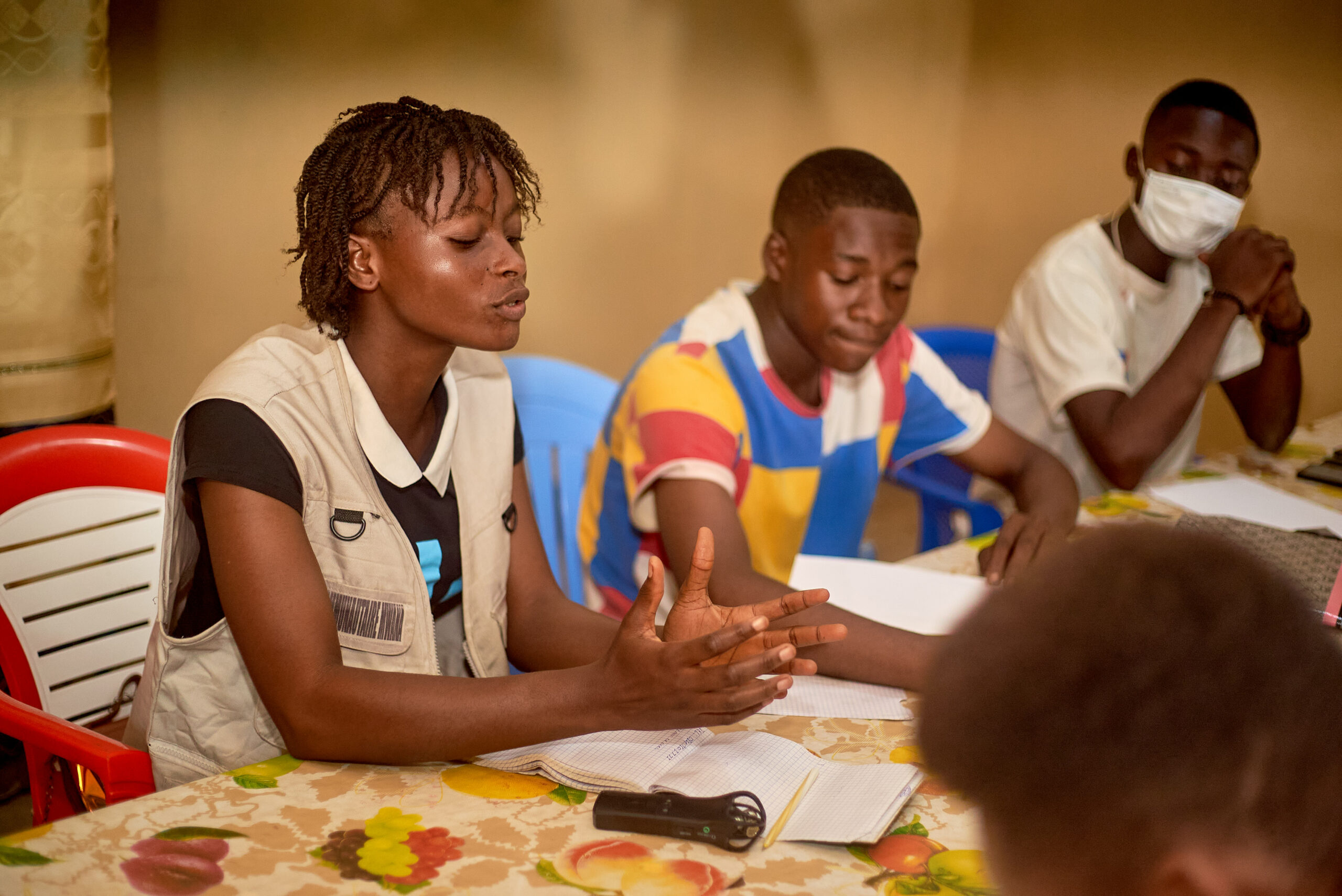
https://doi.org/10.20506/bull.2024.1.3504




